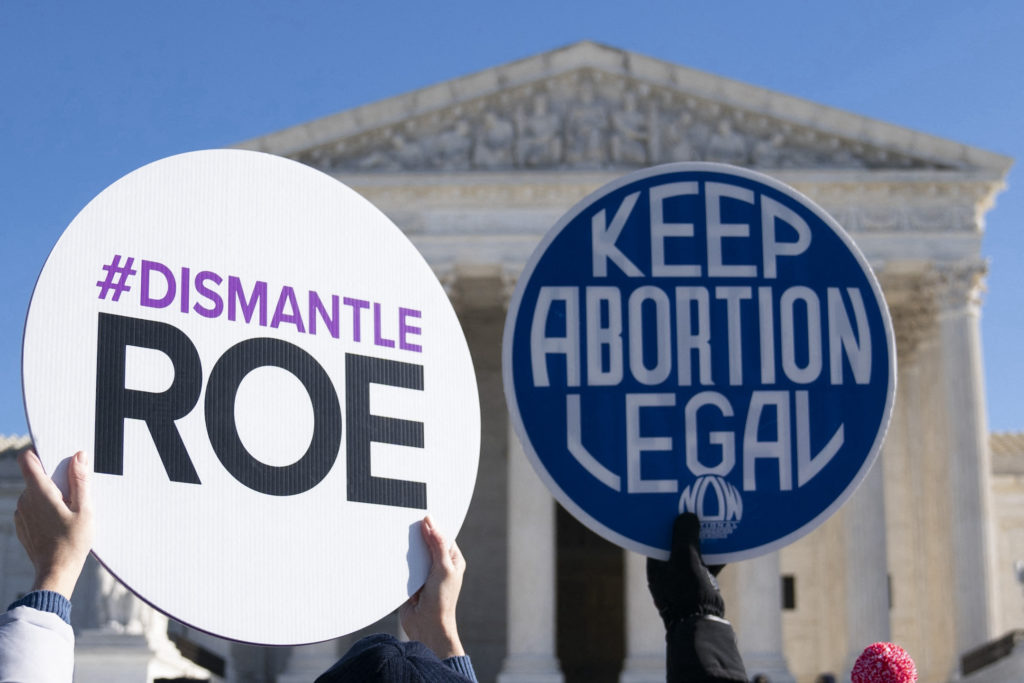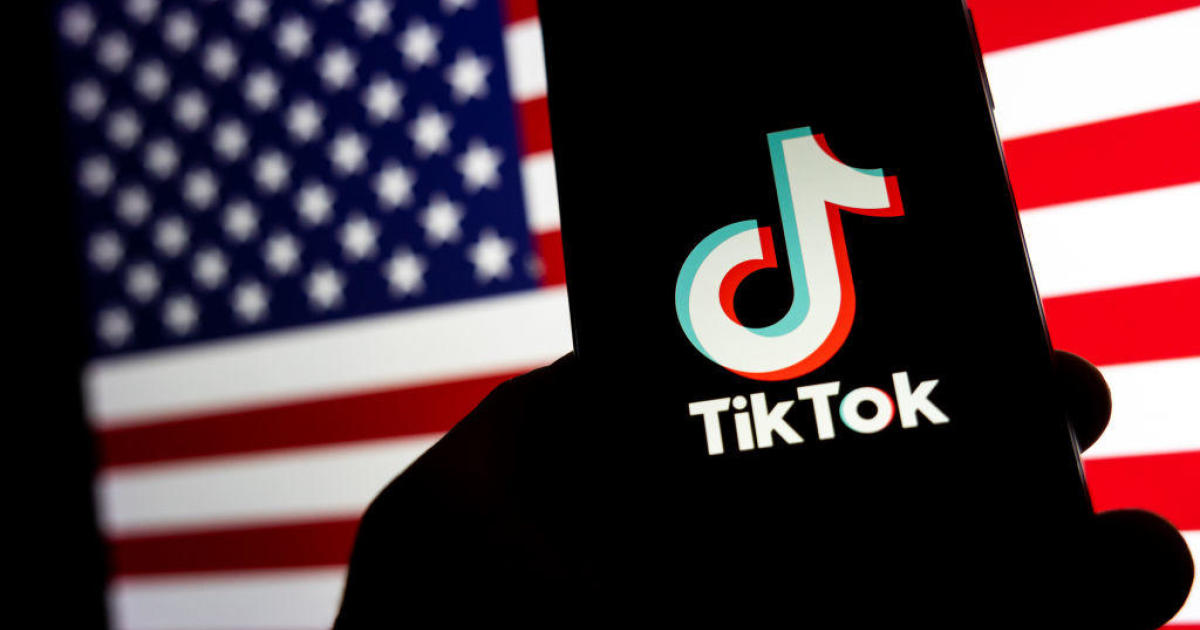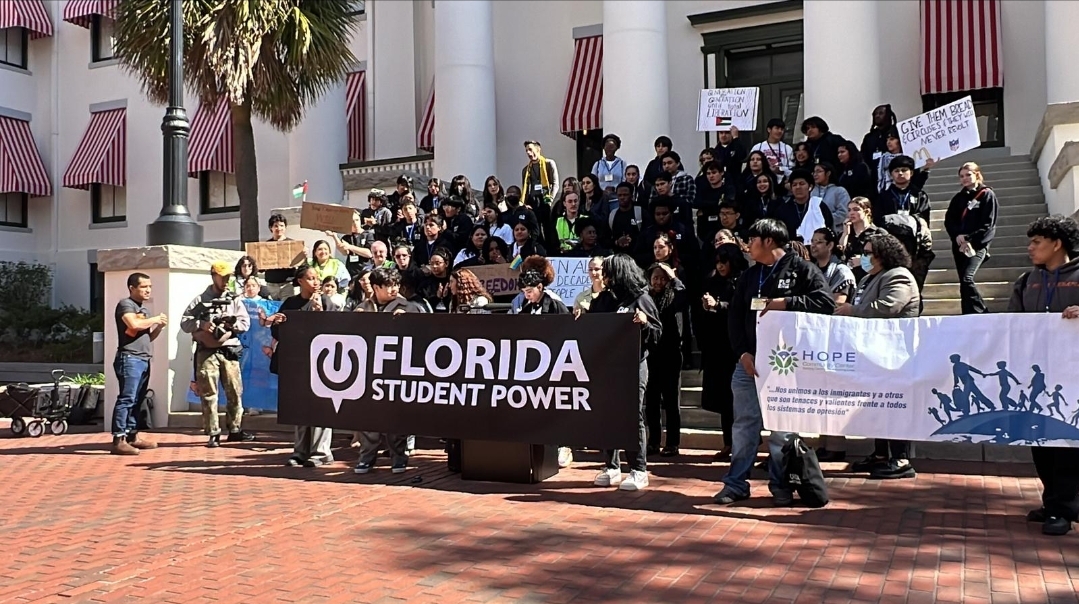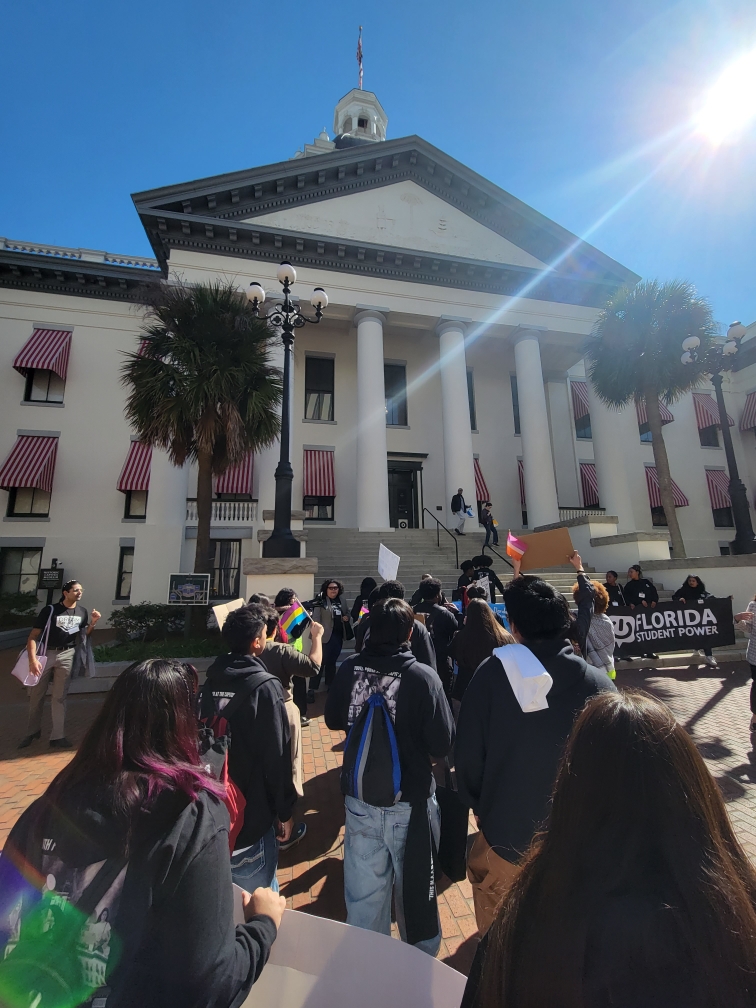Title IX has stood as a beacon of equality in education since its inception in 1972. However, it was recently expanded in mid-April through executive order. Its protections were originally limited to sex discrimination, but it has been expanded to protect students facing discrimination due to pregnancy (or related situations), sexual orientation, gender identity, and sexual characteristics in federally funded education. It also requires schools to provide stronger support for students facing discrimination by training faculty, providing quick, reliable, and impartial investigations, ensuring communication, and protection from retaliation. Furthermore, it allows for more flexible discrimination investigations for schools that lack resources. For a more detailed summary, check out this fact sheet from the Department of Education.
Although some see this expansion as necessary protections for students, 15 federal lawsuits have already been filed. The states involved in lawsuits argue that the ruling is unconstitutional, saying that it limits due process and free speech. In an attempt to make investigations more accessible for schools with fewer resources, this new policy grants schools the ability to assign only one person to a discrimination investigation.
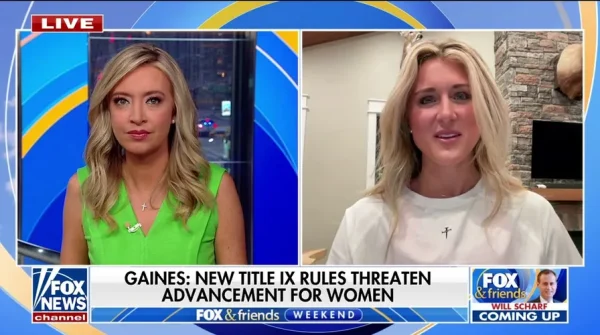
This contradicts the Trump-era version of Title IX, which did not allow schools to use one person as investigator and decision-maker. The 2020 rule also mandated that accused students would be able to defend themselves in person. Now, schools are able to decide whether to allow students to defend themselves in person or online. The lawsuit from states opposing the changes say that this prevents “meaningful cross-examination.” Furthermore, the current version of Title IX widened the definition of harassment to “unwelcome sex-based conduct” that is “subjectively and objectively offensive and is so severe or pervasive” that it limits or prevents someone from participating in an educational program. Those involved in the lawsuit argue that it prevents free-speech, explaining that it is compelled speech. However, people like Miguel Cardona, the U.S. Secretary of Education, disagree, saying that “these final regulations build on the legacy of Title IX by clarifying that all our nation’s students can access schools that are safe, welcoming, and respect their rights.”
Additionally, many applied what the policy outlined for education to sports and are now concerned that it upends the fight for women’s rights by protecting transgender students. One of the main complaints was that this policy recognizes transgender students by their preferred identity, allowing them access to sports and bathrooms that correspond to their gender. However, others argue that because the policy doesn’t directly address sports, this is not an issue. Many people are of the opinion that this was a strategic move by Biden, considering this is a presidential election year.
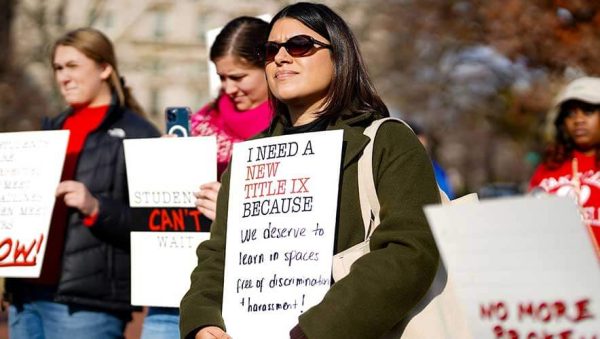
Transgender athletes in girl’s sports has become a very heated topic, and Biden is assumed to be taking a centrist approach to make both political parties happy. However, we can see that the intended results are not reality. Attorney General Coleman, one of the leading attorneys in Kentucky and Tennessee’s lawsuit said, “The Biden Administration’s new rule would rip away 50 years of Title IX’s protections for women and put entire generations of young girls at risk. It’s wrong, and we are joining our colleagues in Tennessee to lead this fight for our daughters, granddaughters, nieces and all the women of our Commonwealth.” On the other hand, some welcome this expansion with open arms. The president of the American Federation of Teachers, Randi Weingarten, said that the rule offers a “practical road map for schools and colleges to craft athletic policies and criteria for male and female teams consistent with Title IX.” As the Human Rights Campaign points out, opponents of transgender girls in sports are actually sexist and fail to acknowledge the already diverse physical attributes of cisgender athletes. Overall, the effects of this policy on transgender athletes are unclear due to language that seems open to interpretation.
Under this policy, if schools fail to comply by August 1st, even if they are following state law, they will lose essential federal funding.



